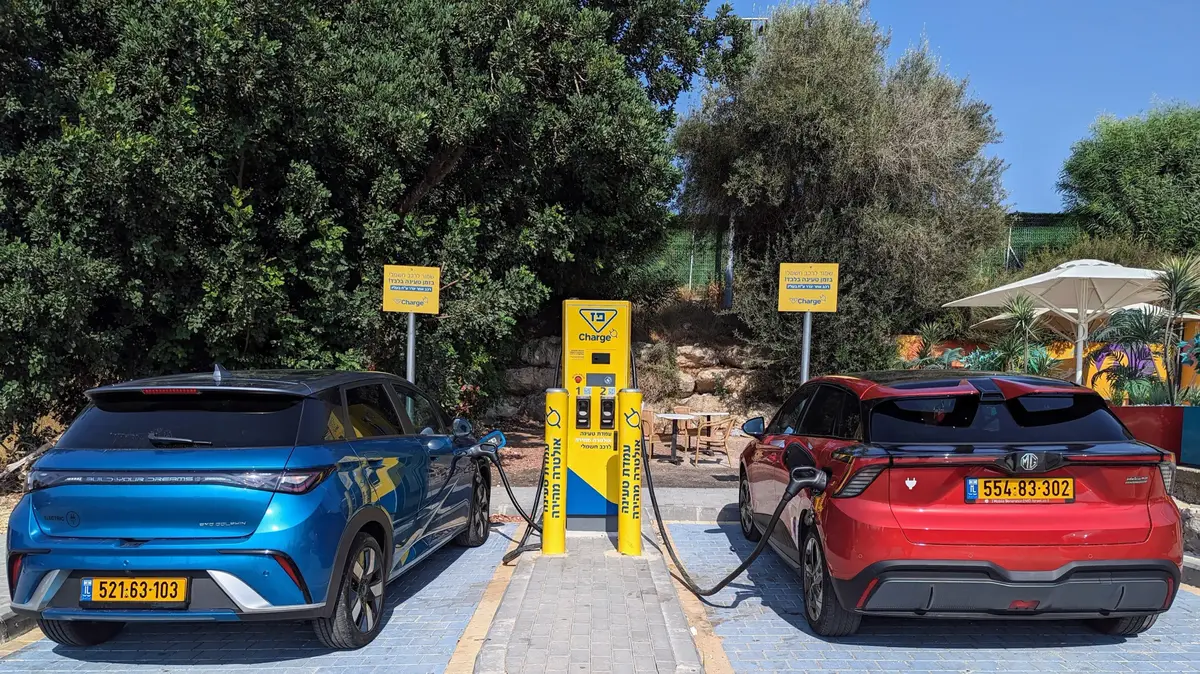A new study by Ben Gurion University tries to understand what exactly will drive people to electric cars. After several years of tremendous demand, the manufacturers are thinking of a new course.
The Ministry of Energy in Israel is also currently involved in the goal of marking the year 2030 as the year in which the sale of vehicles with internal combustion engines in the local market will cease. The research was carried out in April 2023 online, and 1,374 people, with driver's licenses, who were a representative sample of the population in Israel, participated in it. It examined "the effects of cognitive bias and manipulations that can be exerted on consumers in order to influence their decision", and in non-academic Hebrew, how to convince people to buy an electric car. The method was conducted by Prof. Ofir Rubin, Dr. Stav Rosenzweig, and research student Gal Scarlett, whose thesis it was based on. The ability of an electric car to "convert" users of regular engines is higher compared to those who are already saving money with plug-in or hybrid cars. Other characteristics indicate that the buyer of the electric car is mostly a man and the owners of households with children. The study shows that presenting the financial issue as "expense" rather than "saving" has a greater impact on the willingness to switch to electric cars. Bottom line - the researchers responded more to the label that shows them how much they will "lose" than how much they will "gain" from the transition. "It is important to deal intelligently with cognitive barriers in the decision-making of customers in Israel, and it is possible to do so using tools from the field of behavioral economics," says Dr. Rosenzweig, the author of the study. "According to the data that came out in the study, we would recommend that the policymakers think about designing new labels and use them as part of a package of steps to accelerate the transition to electric vehicles."

